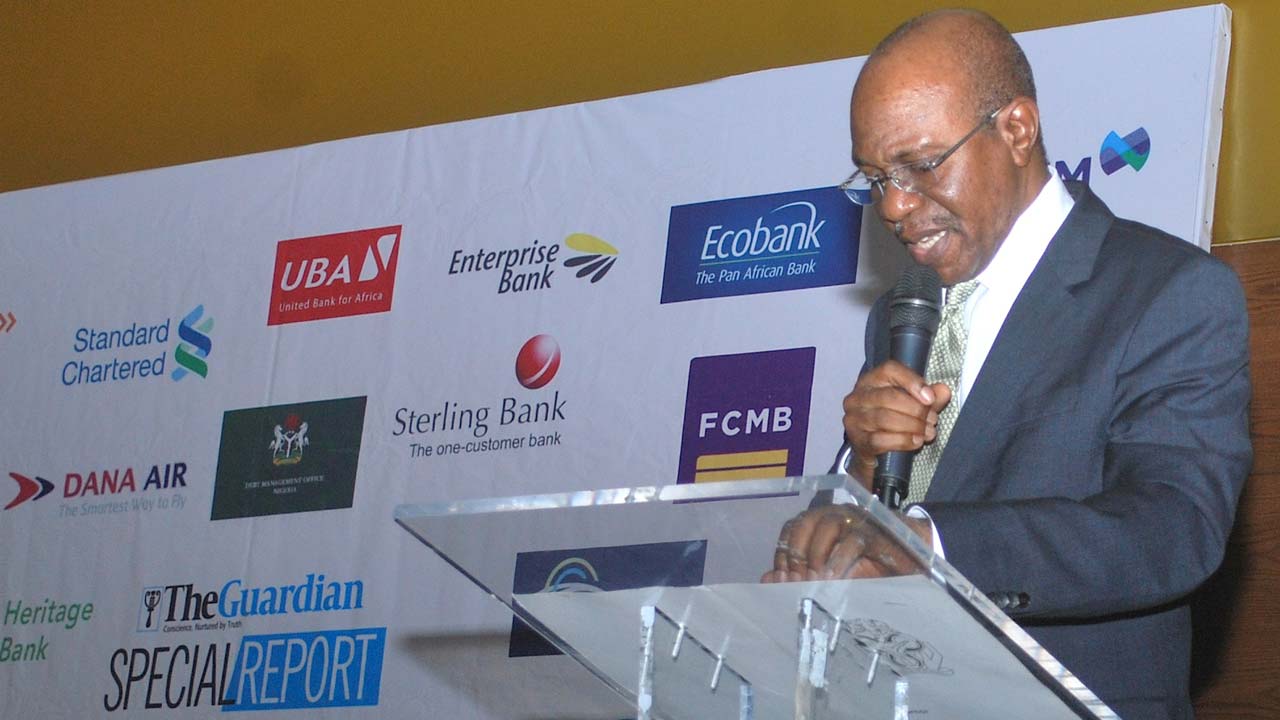The week in review kicked off with the release by the National Bureau of Statistics (NBS) of Nigeria’s headline consumer price index which recorded its fifteenth consecutive deceleration, moderating to 12.48% y/y (compared to 13.34% in April 2018).
On a month-on-month basis, the headline index was little changed at 0.83% (vs. 0.84% the previous month). Following the April inflation numbers and our view of continued impact of base effect, we revisit our model and revise our 2018 average inflation projection lower by 21 bps to 12.00%, from 12.21%.
Besides, during the week, Fitch Ratings affirmed Nigeria’s Long-Term Foreign-Currency Issuer Default Rating (IDR) at ‘B+’ with a negative outlook. The B+ rating reflects Nigeria’s position as Africa’s largest economy and most populous country, and also affirms the net external creditor position, and well-developed domestic debt markets. The negative outlook, on the other hand, reflects uncertainty regarding (1) the sustainability of the economic growth momentum, as the impact of earlier shocks eases, and (2) the general election scheduled for February 2019 which could further weaken progress on the reform agenda and aggravate ongoing security challenges. Foreign investor sentiment may be negatively impacted by the risks highlighted, leading to withdrawals from the capital market, as well as further retreat in FDI flows.
On activities at the Capital Markets and Equities, the bears remained dominant on the domestic bourse, as the ASI dropped for the third consecutive week, shedding 1.34% w/w to 40,472.45 points. This represents the highest weekly loss since mid-March. Negative returns posted across most sectoral indices – Banking (-2.80%), Oil & Gas (-2.64%), Industrial Goods (-1.37%), and Insurance (-0.80%) – mirror the broad selloffs during the week. The Consumer Goods index inched up by 0.03%.
Market breadth was negative in every session of the week, with 51 stocks closing lower and 19 closing higher, led by JAPAULOIL (-25.00%) and SOVRENINS (+30.00%) respectively. However, the Year-to-Date return remains positive at 6.36%, while the Month-to-Date return is negative at -1.43%.
Despite continued selloffs in the equities market, still-strengthening macroeconomic fundamentals remain suggestive of gains on the exchange.
In the Fixed Income and Money Market segment, the overnight lending rate crashed to 9.00% (vs. 73.42% last Friday), representing a 6,442 bps w/w contraction, as inflows from matured OMO (NGN262.61 billion) and matured treasury (NGN67.68 billion) bills supported liquidity towards the close of the week. Outflows include (1) OMO (NGN40.95 billion) sales, (2) FX sales (USD210 million), and (3) treasury bills auction (NGN33.84 billion).
Already, industry analysts are upbeat that this week, inflows totaling NGN284.82 billion — maturing OMO bills (NGN266.95 billion) and bond coupon payments (NGN17.87 billion) — will offer support to system liquidity. However, liquidity mop-up and forex intervention by the CBN are likely to exert upward pressure on the overnight lending rate.
Within the week under review, Business Hilights gathered that activities in the treasury bills market were bullish, as average yield moderated 24bps to 13.06%. Investor sentiment was positive across the short (-6 bps), mid (-31 bps), and long (-31 bps) ends of the curve, amid increased demands for the 41D (-231bps), 160D (-141 bps) and 188D (-130 bps) bills respectively. Meanwhile, at this week’s primary market auction, NGN3.38 billion, NGN16.92 billion, and NGN13.54 billion of the 91-day, 182-day, and 364-day bills were allotted.
The bills were 2.16x oversubscribed, with yields closing lower across the 182-day (10.50%; previously 10.95%), and 364-day (10.70%; previously 11.15%) bills. The yield on the 91-day was unchanged at 10.00%.
Just as yields are expected to be pressured, due to anticipated squeeze in liquidity position this week, trading in the bond market was bearish, on the back of (1) strain in liquidity for majority of the week and (2) sustained sell offs by foreign investors. Consequently, average yield rose by 8 bps w/w to close at 13.27%. There was sell pressure across the mid (+8 bps), and long (+16 bps) segments, with the MAR-2024 (+16 bps), and MAR 2036 (+28 bps) bonds recording the most significant expansions, respectively. Yield at the short segment was flat.
Market observers at Cordros Capital expect yields to take a cue from auction stop rates. However, our theme on the bond market continues to favour lower yields, driven by (1) investors reaction to sustained moderation in inflation rate, (2) strengthening signals of monetary easing, and (3) the FGN’s new debt management strategy.
At the FGN bond auction scheduled for Wednesday, 23rd May 2018, the DMO plans to offer NGN70 billion – NGN20 billion of the APR-2023 (re-opening), NGN20 billion of the MAR-2025 (re-opening) and NGN30 billion of the FEB 2028 (re-opening) – in bonds to investors.
On Foreign Exchange, despite the conventional CBN intervention – wherein USD210 million was injected into the FX market – the naira weakened to NGN364 (-0.28% w/w) – last seen on February 1st — in the parallel market.
Conversely, the USD/NGN strengthened by 0.06% to NGN360.85 in the I&E FX window, as sell-pressure on the naira eased, having dropped to a record low of NGN361.57 (last seen in August 2017) earlier in the week. Total turnover in the IEW decreased by 16.26% to USD874.68 million. Notably, the foreign reserves, according to data by CBN, recorded its first decline since September-2017 during the week, as it dropped by 0.11% w/w to USD47.79 billion.
Meanwhile, trades in FX forwards showed the USD/NGN appreciated in the 1-month (+0.13%) and 3-month (+0.09%) contracts to NGN364.29 and NGN372.30, while it weakened further in the 6-month (-0.10%), and 1-year (+0.42%) contracts to NGN386.25 and NGN405.10, respectively.
Pundits averred that improved oil revenues, amidst rising oil prices and stable production, is likely to buoy growth of the foreign reserves, and aid interventions by the CBN, to support stability of the naira.









